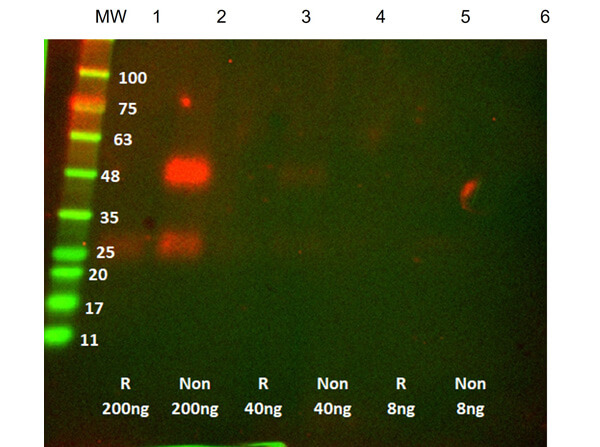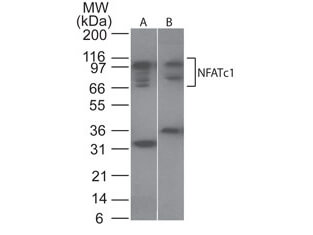The Black Death, a catastrophic pandemic that struck Europe in the 14th century, represents a pivotal moment in the history of infectious diseases. The term "Black Death" was coined to reflect the severity and darkness associated with this devastating plague that killed up to 30-50% of the population in affected regions. Researchers have long been interested in the genetic factors that may have influenced the course of the disease, which is caused by the bacterium Yersinia pestis. In a recent study, Klunk et al. 2022 used a genome-wide association study to identify genetic variants that were associated with the survival of the Black Death.

Figure: Illustration of the expected changes in allele frequencies across time for a protective allele (red) that decreases the risk of mortality from plague as compared to a neutral allele (blue).
To identify loci with positive selection, the researchers extracted DNA from the bones of individuals that died shortly before, during, or after the pandemic in London and Denmark. The researchers found that four loci were associated with survival of the Black Death (ERAP1/ERAP2, NFATC1, CTLA4, TICAM2/TMED7). These loci were all involved in immune repsonse, and they were all associated with increased production of the protein ERAP2 in its untruncated form. The paper suggests that individuals homozygous for the protective allele of ERAP2 were about 40% more likely to survive the Black Death.
However, the researchers also found that these same genetic variants were associated with an increased risk of developing autoimmune disorders such as Crohn´s disease and rheumatoid arthritis. Autoimmune disorders are caused by the body's immune system attacking healthy tissue. The researchers believe that the genetic variants that protect against the Black Death may also make people more susceptible to autoimmune disorders by overreacting to harmless antigens. The findings of this study suggest that there may be a trade-off between protection against infectious diseases and susceptibility to autoimmune disorders. Further research is needed to understand the mechanisms by which these genetic variants affect the immune system and to develop new treatments for autoimmune disorders.


